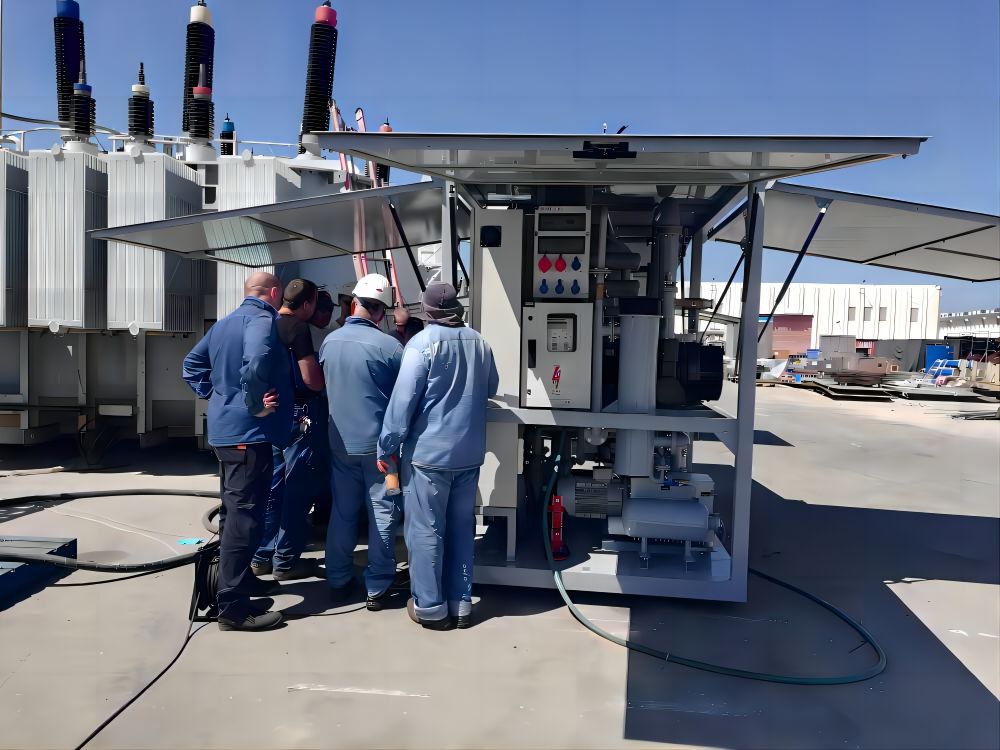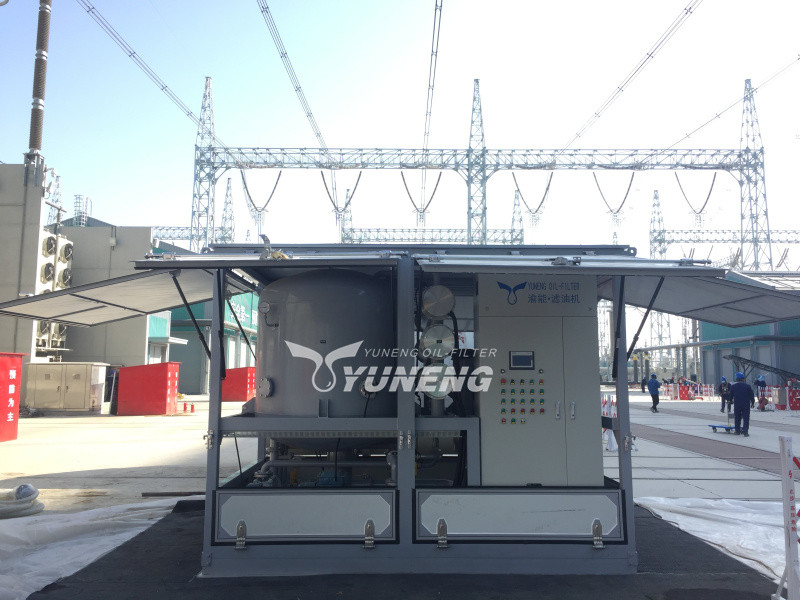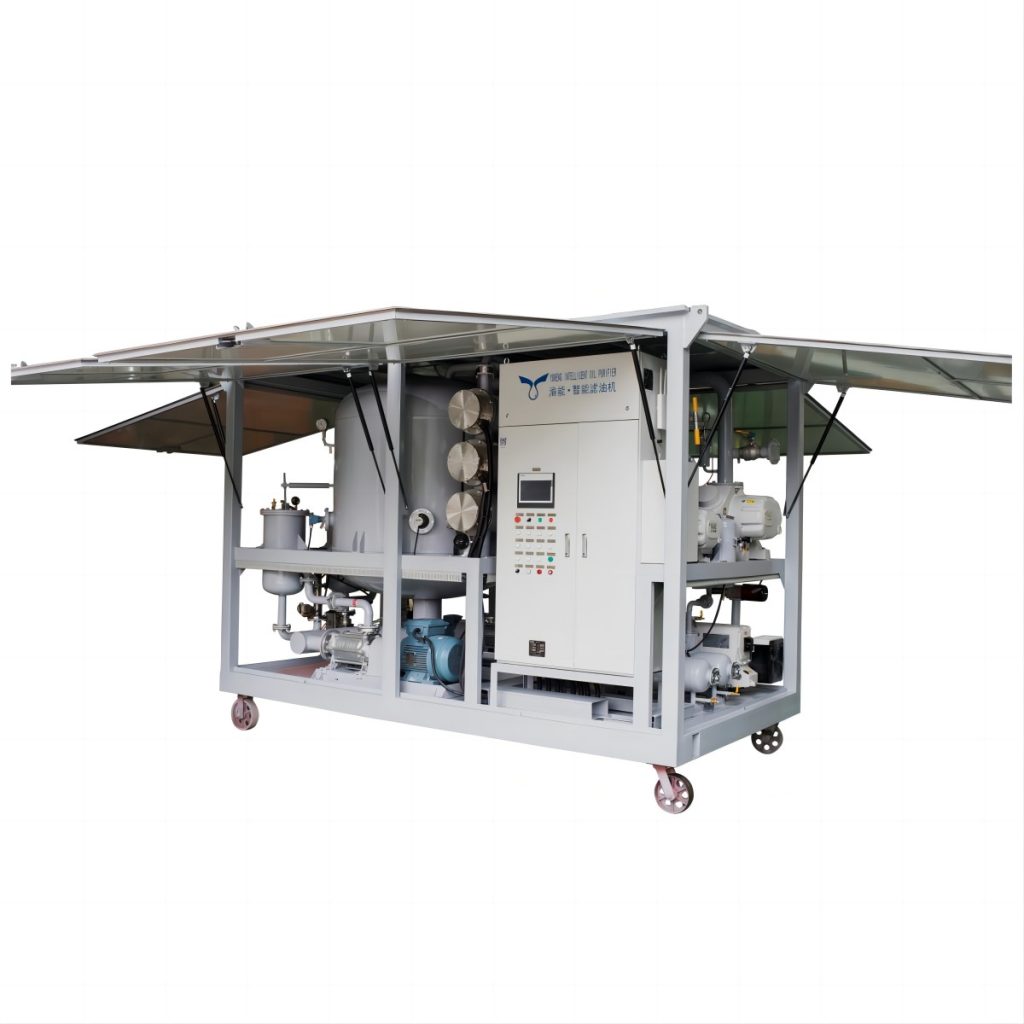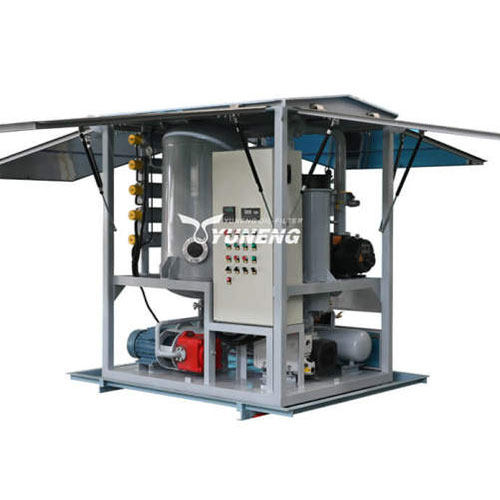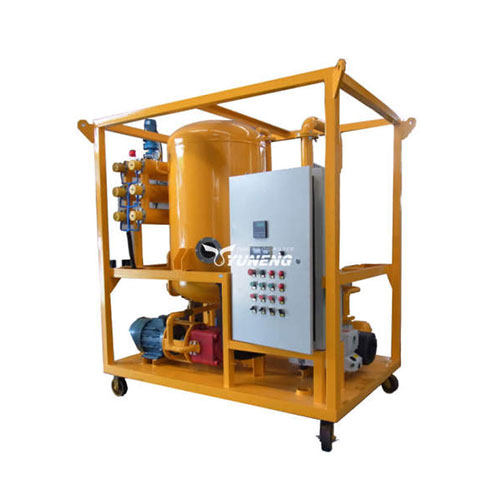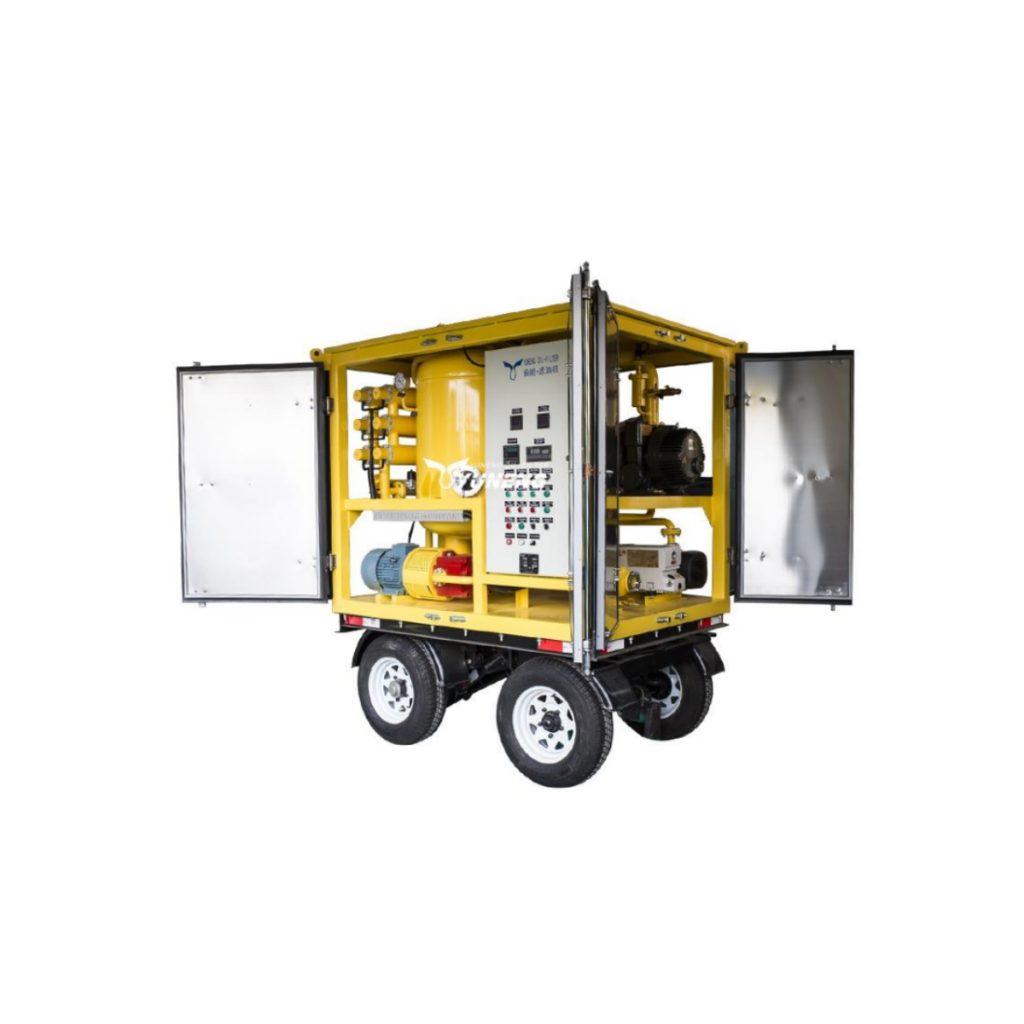How to Effectively Solve The Problem of Transformer Oil Filtration Machine Blockage
Clogging of transformer oil filtration machines has always been one of the key issues limiting their performance and service life, negatively affecting their normal operation, filter efficiency, equipment damage and the stability of operation of their transformers. Therefore, timely resolution is of utmost importance in order to address this clogging issue effectively and quickly.
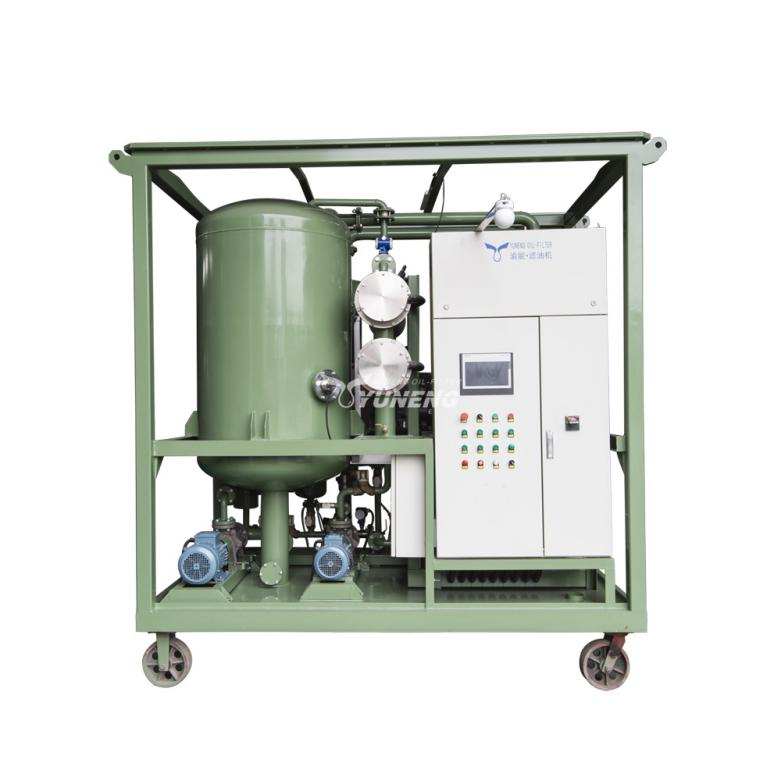
Table of Contents
Blockage Cause Analysis
Too Many Impurities in The Oil
Over time, transformer oil will become polluted with impurities due to equipment ageing, insulation material wear and dust particles in the air; when these impurities flow through a filter element with the oil they become trapped within its pores and quickly accumulate, eventually blocking filter holes, increasing resistance, and leading to reduced oil flow rate, ultimately impacting both its filtration efficiency and normal operation of equipment.
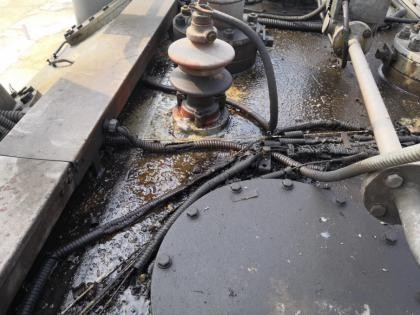
The Filter Element Has Been Used for Too Long
The filter element is the core component of the transformer oil filtration machine, and its filtering effect will gradually decrease with the increase of the use time. The filter element used for a long time will accumulate a large amount of pollutants. Even if it is not completely blocked, it may cause the overall performance of the filter to decline due to the deterioration of the filtering effect.
Oil Viscosity Is Too High
When oil viscosity becomes too high, fluidity decreases and impurities may adhere to filter elements more readily, leading to faster clogging and ultimately decreasing filter efficiency. Furthermore, an oil with too high viscosity could interfere with circulation flow inside of filters further compromising their effectiveness in filtering out particles from the oil stream.
Filtration Accuracy Falter
When setting filtration accuracy to exceed actual demands, more impurities will accumulate on the filter element surface, hastening its clogging. Conversely, setting too low of an accuracy could prevent meeting requirements, and result in impurities entering equipment and impairing normal operation of transformers.
Failure to Properly Maintain Equipment
Failing to regularly clean and maintain the filter will allow oil scale and pollutants to build up in key components such as the filter element seat, vacuum pump, and oil tank resulting in abnormal operation and potential clogging issues.
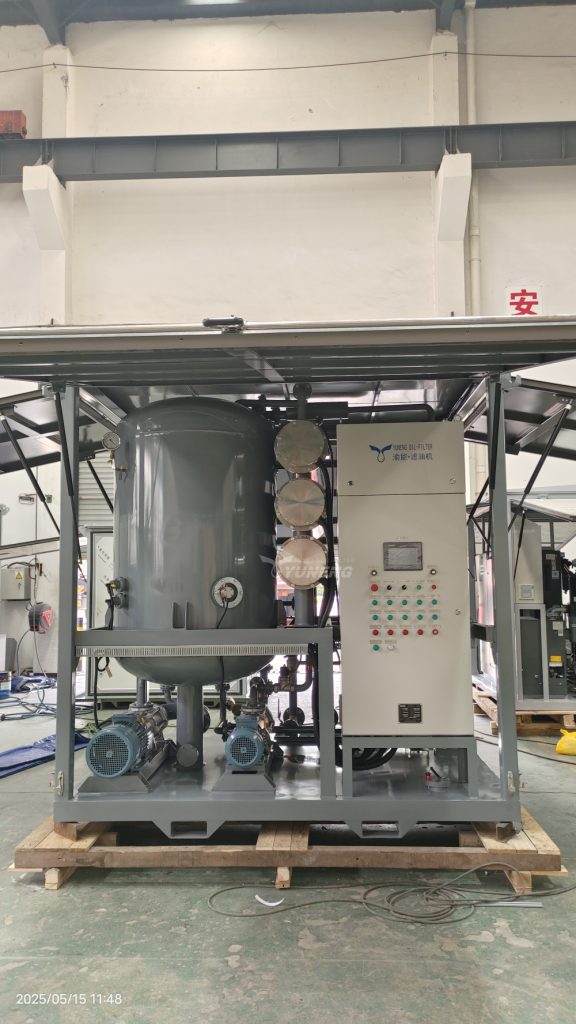
Effective Solutions
Replace the Filter Element Regularly
Establish an effective filter element replacement plan according to how often and in what manner it is being used, its service life, and any high-load operations or poor oil quality that requires filter element replacement. As a general guideline, every 3 months is recommended; in such situations or when oil quality deteriorates more quickly it should be reduced accordingly. When replacing filter elements always strictly follow requirements in equipment manual to ensure installation correctly without leakage issues.
Clean The Transformer Oil Filtration Machine Regularly
Filter cleaning should be undertaken regularly in order to maintain normal operation of the filter and is generally advised between six months to one year. The optimal frequency is suggested as 6 monthly. Under harsh operating environments or poor oil quality conditions, the cleaning cycle should be reduced significantly. You can use a special cleaner agent when performing these steps according to the requirements outlined by your equipment manual. Focus on cleaning key parts like the filter element seat, vacuum pump and oil tank in order to completely eliminate oil stains and pollutants. Cleaning methods may differ for filter elements made of various materials. Filters made of glass fiber or filter paper typically cannot be cleaned; on the other hand, metal mesh or copper mesh filters may be soaked in kerosene before being cleaned and dried with a hair dryer.
Optimize The Filtration Process
In order to optimize the filtration process, filter parameters like flow rate, pressure and viscosity may be adjusted according to actual conditions, such as viscosity and impurity content of oil, in order to optimize filtration effectiveness while decreasing chances of clogging. Reducing flow rate could allow more residence time in filtration which would aid sedimentation and filtering process while controlling temperature or viscosity can enhance effect as well.
Strengthen Oil Pre-treatment
Before oil enters a filter, it can be pretreated with various equipment to remove impurities and reduce impurity levels significantly. Sedimentation tanks and centrifuges may be utilized as preliminary purifiers to perform preliminary purification processes that decrease impurity content while decreasing filter load.
Maintain Equipment Sealing
Regularly check and maintain the sealing performance of equipment to prevent oil leakage from the filter. If there is an oil leakage issue, gasket repairs or replacement must take place as soon as possible to ensure good sealing performance and stop air entering and diminishing its effect.
Correctly Select The Filtration Accuracy
Based on quality requirements and actual use, selecting an acceptable filtration accuracy should be reasonably chosen for transformer oil filters. This ensures compliance with filtering specifications while avoiding filtering issues like clogging caused by setting filtering precision too high or too low; to do this correctly you can refer to manufacturer suggestions while making adjustments based on actual site conditions.
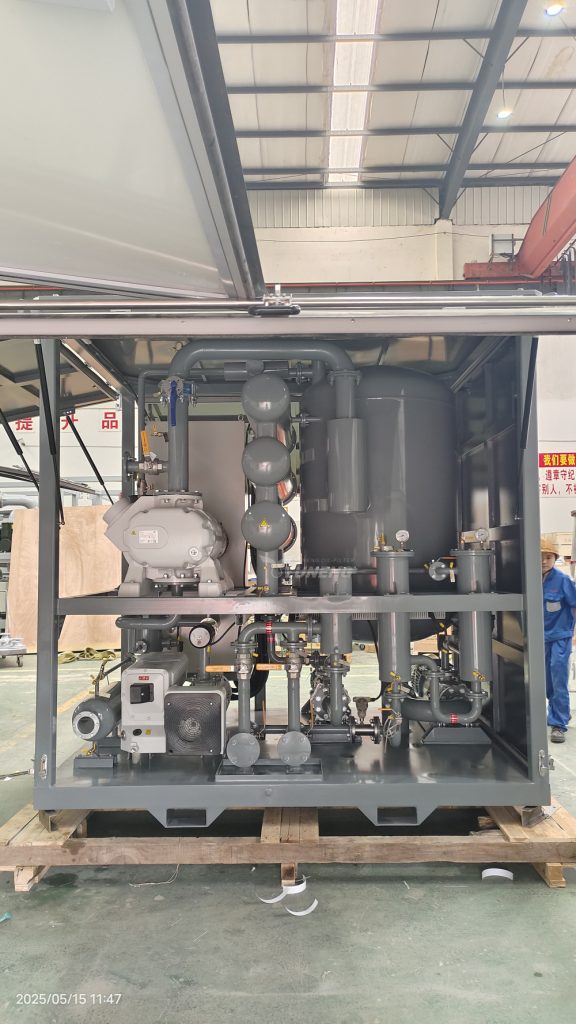
Daily Maintenance and Management
- Regular inspection: Regularly conduct a comprehensive inspection of the filter, including checking the oil level, oil quality, pressure gauge, thermometer, motor, electrical equipment, etc., to ensure that the equipment is in good working condition. If any abnormal situation is found, it should be handled in time.
- Record operation data: Establish equipment operation files, record the time of each use, the volume of filtered oil, operating parameters and other information, so as to analyze the operating status of the equipment, predict the replacement cycle of the filter element and the maintenance time of the equipment.
- Train operators: Provide professional training for operators to make them familiar with the structure, principle and operation method of the filter, master the correct maintenance knowledge and skills, and improve their management level and troubleshooting ability of the equipment.
Conclusion
As a transformer oil filtration machine manufacturer, Yuneng prioritize solving blockage issues in order to boost product quality and user satisfaction. Through careful evaluation of root causes of blockages, providing precise yet effective solutions and strengthening cooperation and exchanges within the industry, we aim to give users accurate filtration equipment with excellent user experiences, all the while elevating the industry into new heights.

